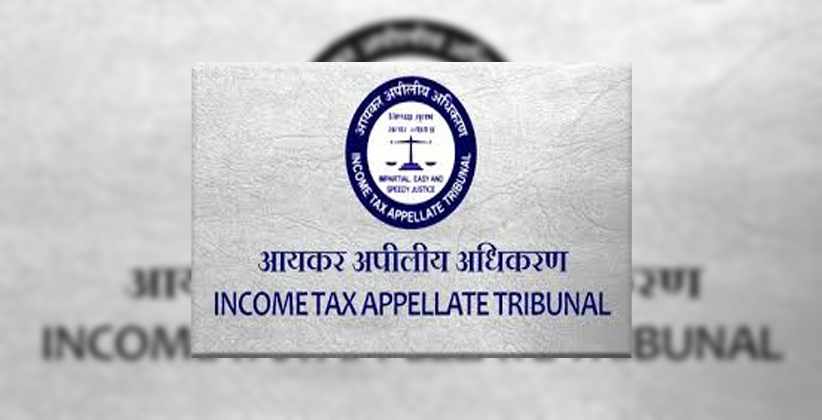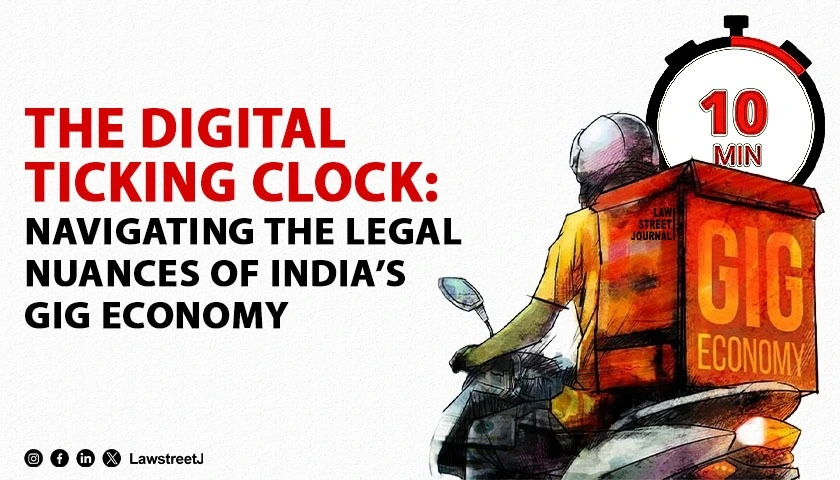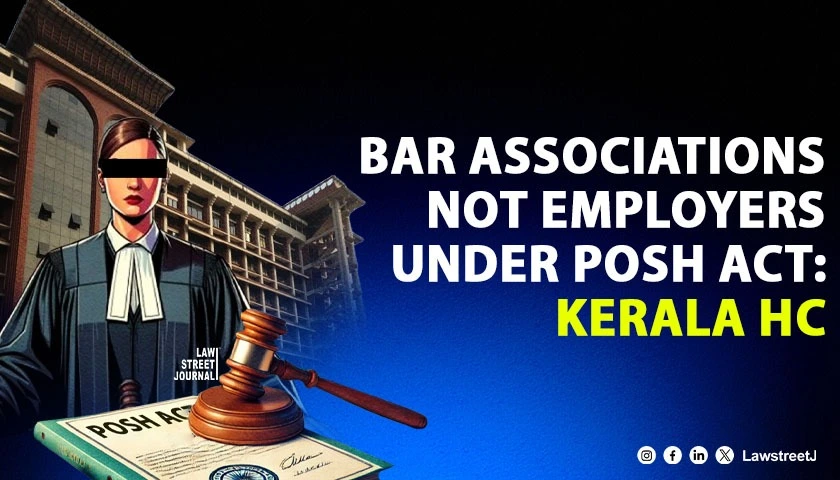The ITAT said that the common people are informed about the type of transactions that are done by individuals in locations including the Cayman Islands.
The Income Tax Appellate Tribunal (ITAT) has vindicated and upheld an order issued by the Commissioner of Income Tax (Appeals) making Renu Tharani, an 80-year-old elderly woman, pay tax on over Rs.196 crore that has been found in HSBC Private Bank, Geneva, Switzerland. The account is named Tharani Family Trust, of which Tharani stands to be a beneficiary.
The bench consisting of Vice President Pramod Kumar and Amarjit Singh, Judicial Member of ITAT, Mumbai bench was hearing Renu Tharani's appeal which was against Commissioner of Income Tax (Appeals) order that confirmed the order issued by the Assessing Officer in 2014, reopening the assessment for the financial year of 2005-2006, by passing a notice under Section 148 of the Income Tax Act, 1961.
The explanation given for starting a reassessment was that some more information about the appellant was received from the office of DIT (investigation) Bangalore. According to the source, the appellant had declared an income of Rs. l.7 lakh for the financial year of 2005-2006, did not disclose an account with HSBC Bank, Geneva. Furthermore, it was noticed in the bank statement of the account that Tharani had a peak balance of US$ 39738122 in the account overseas during the period 2005-2006 which amounted to Rs. 196,46,79,146 during the period in question.
Post an evaluation of the financial statements and the assessing officer's order, CIT(A) came to the conclusion that Renu Tharani is the only beneficiary of Tharani Family Trust, which is the sole beneficiary of GWIJ Investments Ltd. GWIJ Investments Ltd which also has a location in the Cayman Islands has investment managed by Haresh Tharani, son of the appellant.
Advocates Ved Jain and Mukesh Advani appeared on behalf of Renu Tharani, the appellant. They contended that the assessee is a non-resident and due to the fact that the impugned assessment was framed on the assessee in her residential status as "non-resident", she does not need to disclose her foreign bank accounts if there were any.
In addition to this, Jain argued that, unlike in the United States, where global taxation of income is on the basis of citizenship, the basis of taxability of income outside India, is calculated on the basis of the status of residence of the assessee.
Due to the fact that from the period March 23, 2004, the assessee is periodically residing in the United States of America, hence after the financial year ended on March 31, 2006, she is a non-resident assessee. Hence, Jain submitted to the court that any sums credited in the bank account under consideration cannot be taxed and, when it cannot be so taxed, the basis of the reassessment proceedings terminates to be held good in law.
But the bench raised questions about the appellant's Bangalore residence-
"As we have given our careful consideration to the rival contentions and the material on record in the light of the applicable legal position, we have also taken off the factual matrix of this case. Here is an assessee who files her return of income, disclosing a meager income of Rs 1, 70,800, giving a Bangalore address and files the income tax return award which was meant for resident assessees.
Going by the facts placed by the assessee on record, which are also set out in the paper-book, the Bangalore property was sold in the year ended March 2003, but yet income tax return continued to be filed at that address. It is not clear as to what was the basis of filing the income tax return at Bangalore but then let's leave it at that for the time being. The income tax return filed by the assessee, a copy of which is placed before us at page 62 of assessee's paper-book, does not at all tick the status as 'non-resident', but there is a clearly visible mark in the status as resident'. "
As a matter of importance, the bench also explained the objections by the appellant on reopening of assessment -
"As regards the decisions that reopening cannot be done for mere verifications, the present case is not a case which some general and vague information is received about the assessee, which may or may not lead to an income escaping assessment in the hands of the assessee, and which is thus required to be examined on merits, but of a very specific cogent information regarding a bank account, with complete details that is good enough for holding at least the prima facie view that income has escaped in the assessment in the hands of the assessee. The peak balance in the account, which has subsequently come to the knowledge of the Assessing Officer and on the basis of which reopening is done, is tens of thousand times more than the annual income of the assessee. "
Judging the appellant's connections with the entity based in the Cayman Islands to be suspicious, the ITAT observed-
"The assessee states that she is neither a shareholder nor a director in GWU Investments Ltd. Thats not even in dispute. GWU Investments Ltd is a Cayman Islands entity, and it needs no special knowledge to know that, more as a rule rather than as an exception, the Cayman Island entities are owned by nominees of the beneficial owners. The operations carried out by these entities, are mainly to facilitate financial manoeuvring for the benefit of its clients, or, with that predominant underlying objective, to give the colour of genuineness to these entities. These offshore entities, which are routinely used to launder unaccounted monies, are a fact of life, and as much a part of the underbelly of the financial world, as many other evils. Even a layman, much less a Member of this specialized Tribunal, cannot be oblivious of these ground realities. Nothing, therefore, really turns on the assessee not being a director or shareholder of the GWU Investments Ltd. The relevant question is whether she is a beneficial owner of the said company or not".
Finally, ITAT said-
"Viewed in the light of the factual backdrop of the case, and in the light of the above legal position, no reasonable person can accept the explanation of the assessee. The assessee is not a public personality like Mother Terresa that some unknown person, with complete anonymity, will settle a trust to give her US $ 4 million, and in any case, Cayman Islands is not known for philanthropists operating from there; if the Cayman Islands is known for anything relevant, it is known for an atmosphere conducive to hiding unaccounted wealth and money laundering, and that does not advance the case of the assessee. This is a jurisdiction which has double the number of companies than the resident, most of which remain only on paper, and it will be no naive to believe that these companies are located here, in a country with around 65,000 residents, for bonafide core activities, rather than the benefits of anonymity, secrecy, and liberal tax laws.
Furthermore, Cayman Island is one of the few jurisdictions in the world where public records of the beneficiaries of firms and companies, like GWU Investments Ltd, are not maintained, and it is only with effect from 2023, that is if the promises made by the Government of Cayman Islands can be believed at face value, that such public records will be maintained.
That is an ideal situation, as of now, for holding the unaccounted monies through a web of proxy corporate entities", the Tribunal stated.
The bench upheld the conclusions given by the CIT(A) and refused to interfere in the issue after dismissing the appeal. Therefore, the addition of over Rs.196 crore in respect of the assessee's account with HSBC Private Bank (Suisse) SA, Geneva, was settled.








